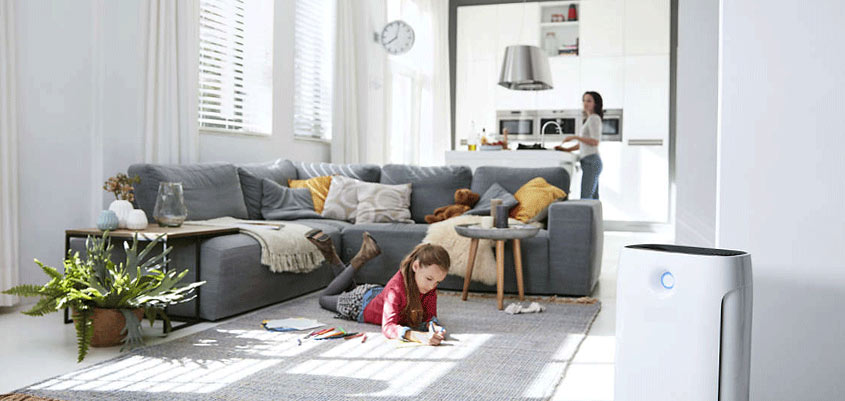
How does the bathroom exhaust fan work?

superadmin
April 1, 2017
The bathroom exhaust fan is an electrical device that aerates and ventilates the room while also eliminating mold and bad odors. It is a device that also keeps the walls, floors, and joints in good condition despite the presence of steam and humidity in the bathroom, because by evacuating the air outside, condensations are avoided. The exhaust fans need to be connected to the electrical network, so they should not be placed above the shower or bathtub unless they are located at a distance from the floor greater than 2.25 m. They should also not be placed above radiators to avoid heat loss or next to doors or ventilation grilles, as this can create a microcircuit that will not renew the air properly. Exhaust fans are also known as wall fans, that is, they are fans placed between two spaces separated by a ceiling, wall, or partition.
To ensure the proper functioning of these devices and that they perform their function, it is necessary that the flow rate of the exhaust fan is ten times higher than the volume of air in the room. For example, if you need to ventilate a bathroom that is 2 meters wide, 2 m long, and 2.25 m high, which occupies a volume of 9 m3 (2x2x2.25), the fan must have an extraction flow rate of 90 m3/h. Since these are small rooms, this flow rate is not very high, and the power they consume is also not very high, ranging between 8 and 35 w. This allows the noise they emit not to be excessive, around 20 dB.
They are systems that require very little maintenance; it is only necessary to periodically clean the dust that accumulates on the grille and check the condition of the internal ducts that connect the inlet and outlet holes of the device.
Bathroom Exhaust Fan: Types
Basically, two types of bathroom exhaust fans can be distinguished:
Axial
The fan is placed on the ceiling, in a window, or on a wall. They are suitable for installations with reduced ducts. Helicoidal (the mechanism contains a propeller) are also included in this group if they are located next to those elements without any type of evacuation duct.
Centrifugal
They are more powerful than the previous ones. They are designed for installations where the evacuation ducts cover long lengths up to the exit, of up to 50 m.
Considering their operation, we can find the following types of bathroom exhaust fans:
Manual
They need to be activated manually with a switch.
With presence detector
They are activated when they detect infrared presence within the area they cover.
Hygrostats
They include sensors (humidity sensors) that activate the fan based on the humidity in the environment.
With timer
They remain active for the necessary time to completely renew the air in the room and turn off once that time has passed.


Siber Ventilation
Related posts

Why is mechanical ventilation necessary in homes?

Constant flow ventilation systems, how do they work?
